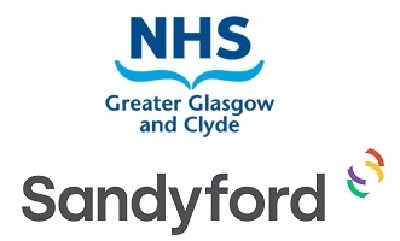Each child will be different and may not present as their chronological age because of past experiences or additional needs. (8) Therefore, you may need to use language and resources from other age/stage sections of this toolkit.
All children should learn about the changes at puberty for both boys and girls, to help understand what is happening to them and to their peers.
Puberty can be a distressing time for transgender and non-binary young people, who may feel even more out of place in their own body than they did before puberty changes started. In addition to open discussion and support from staff and carers, it may be helpful to have some discussion with a GP. Some young people will find peer support helpful; carers can connect them in with one of the support groups run by LGBT Youth. ![]() Groups and Support LGBT Youth
Groups and Support LGBT Youth
- Young people become more independent and have less close ties to their parents/staff and carers
- This stage of life brings increased expectations of young people’s academic and social skills at a time of significant brain development, especially in relation to their executive functioning skills. Most young people will struggle at some point to juggle the many demands on them from school, home and friends and need help with planning and decision making.
Our Brain's Air Traffic Control (Executive Function) | NSPCC (3 min 43s) YouTube
- The way in which the brain develops at this stage can increase young people’s chances of experiencing harm. The increased desire for peer approval, reduced ability to delay gratification, and tendency to make more impulsive decisions, particularly when peers are present, can all increase risk. (7)
- Young people are generally more certain now about their sexual orientation and their gender identity though this can change over time.
- They experiment with relationships.
- Young people gain sexual experience: kissing and sexual touching, some sooner than others.
- A typical pattern of how sexual behaviour develops in young people is as follows: kissing, touching and caressing with clothes on then naked caressing, oral sex and then penetrative sex (vaginal or anal)
- They gain more experience in how to interact with each other: negotiating, communicating, articulating wishes and boundaries and showing respect, see A-Z Consent Awkward Moments
- The typical development described above is now set in the context of 96% of young people at this stage owning a smartphone with exposure to pornography not experienced by previous generations, as outlined by the Children’s Commissioner for England (2,3):
“Young people are frequently exposed to violent pornography, depicting coercive, degrading or pain-inducing sex acts; 79% had encountered violent pornography before the age of 18. Young people expressed concern about the implications of violent pornography on their understanding of the difference between sexual pleasure and harm. Indeed, this report finds that frequent users of pornography are more likely to engage in physically aggressive sex acts.
Pornography is not confined to dedicated adult sites. We found that Twitter was the online platform where young people were most likely to have seen pornography. Fellow mainstream social networking platforms Instagram and Snapchat rank closely after dedicated pornography sites”.
